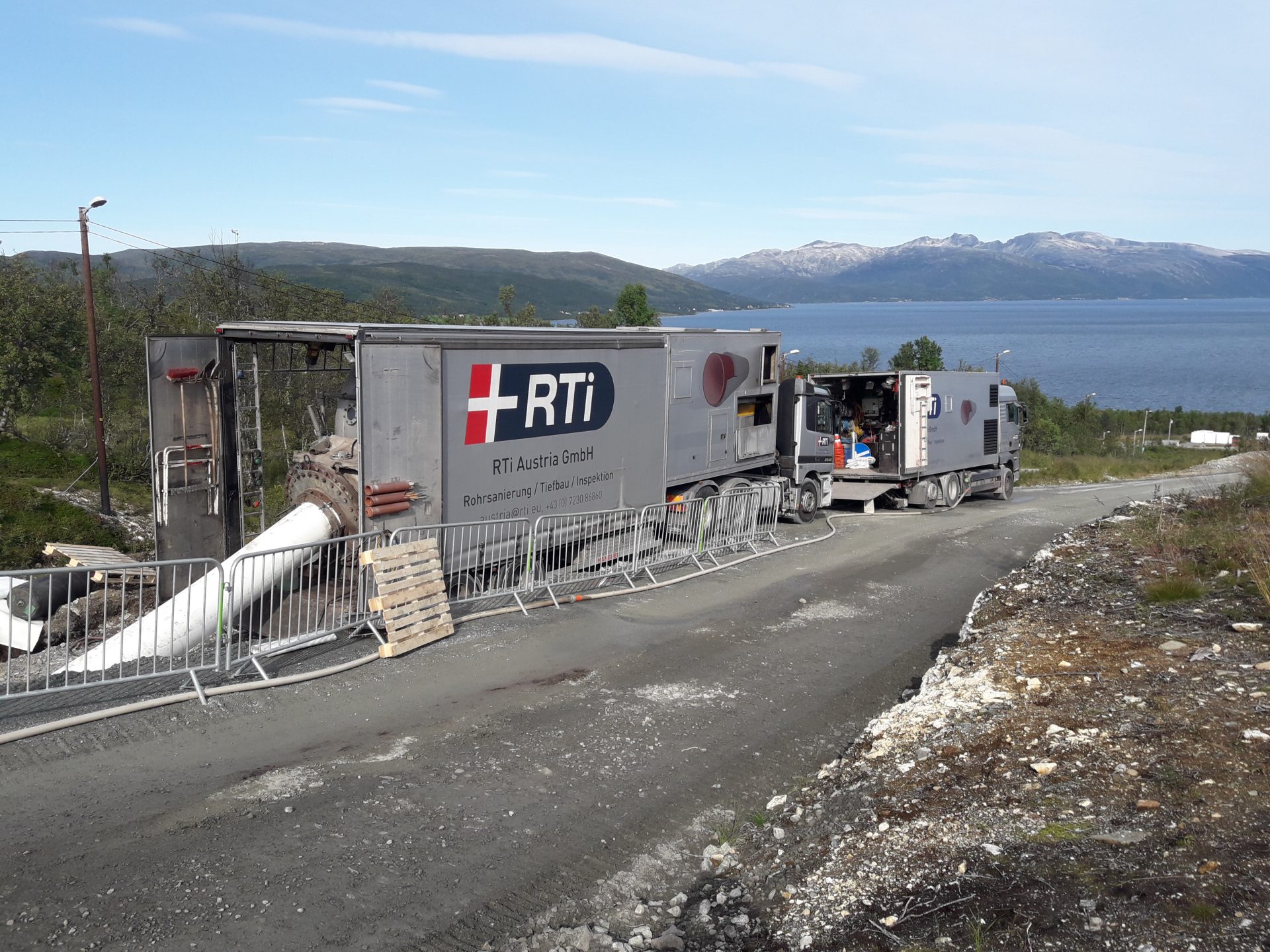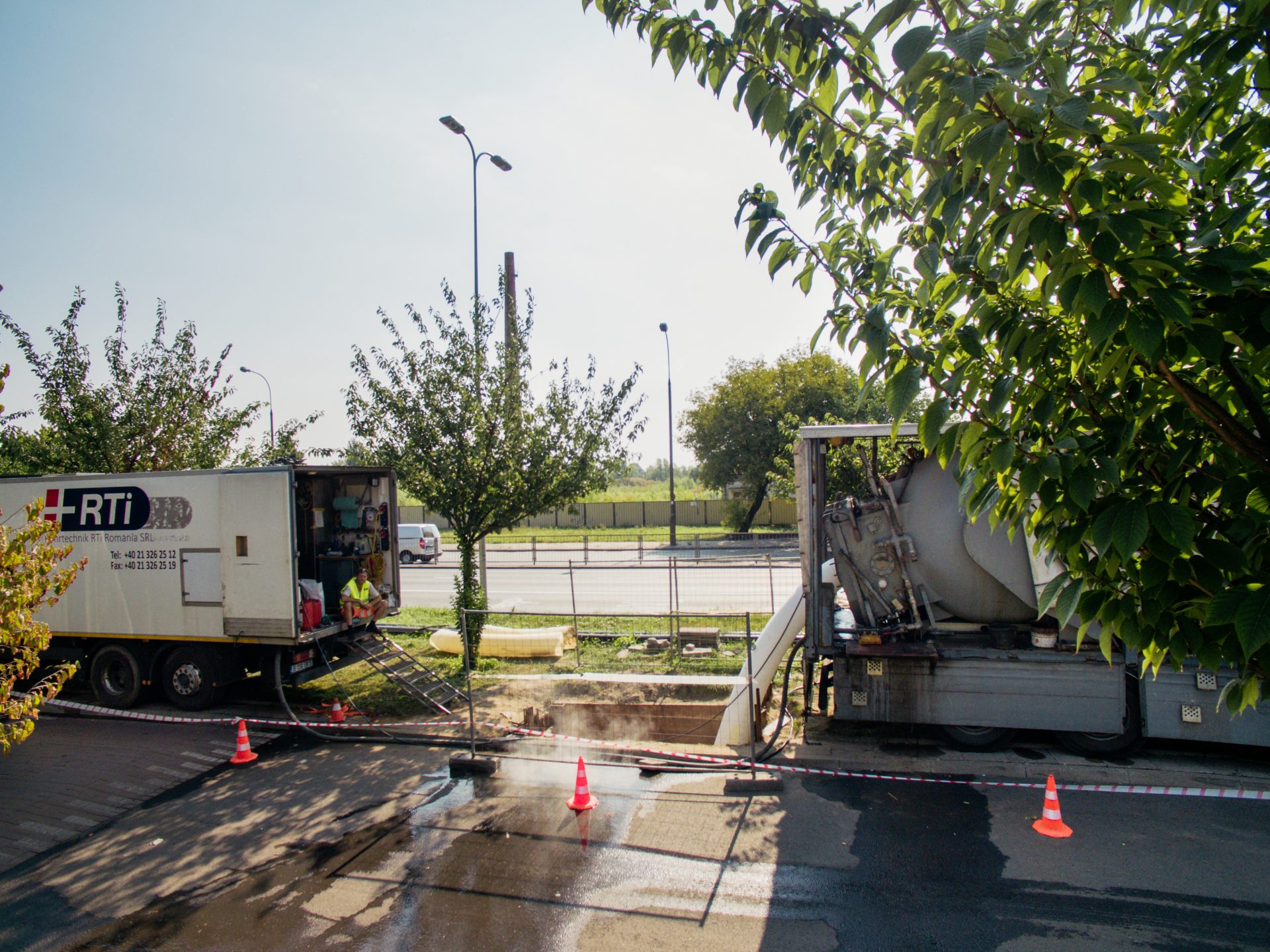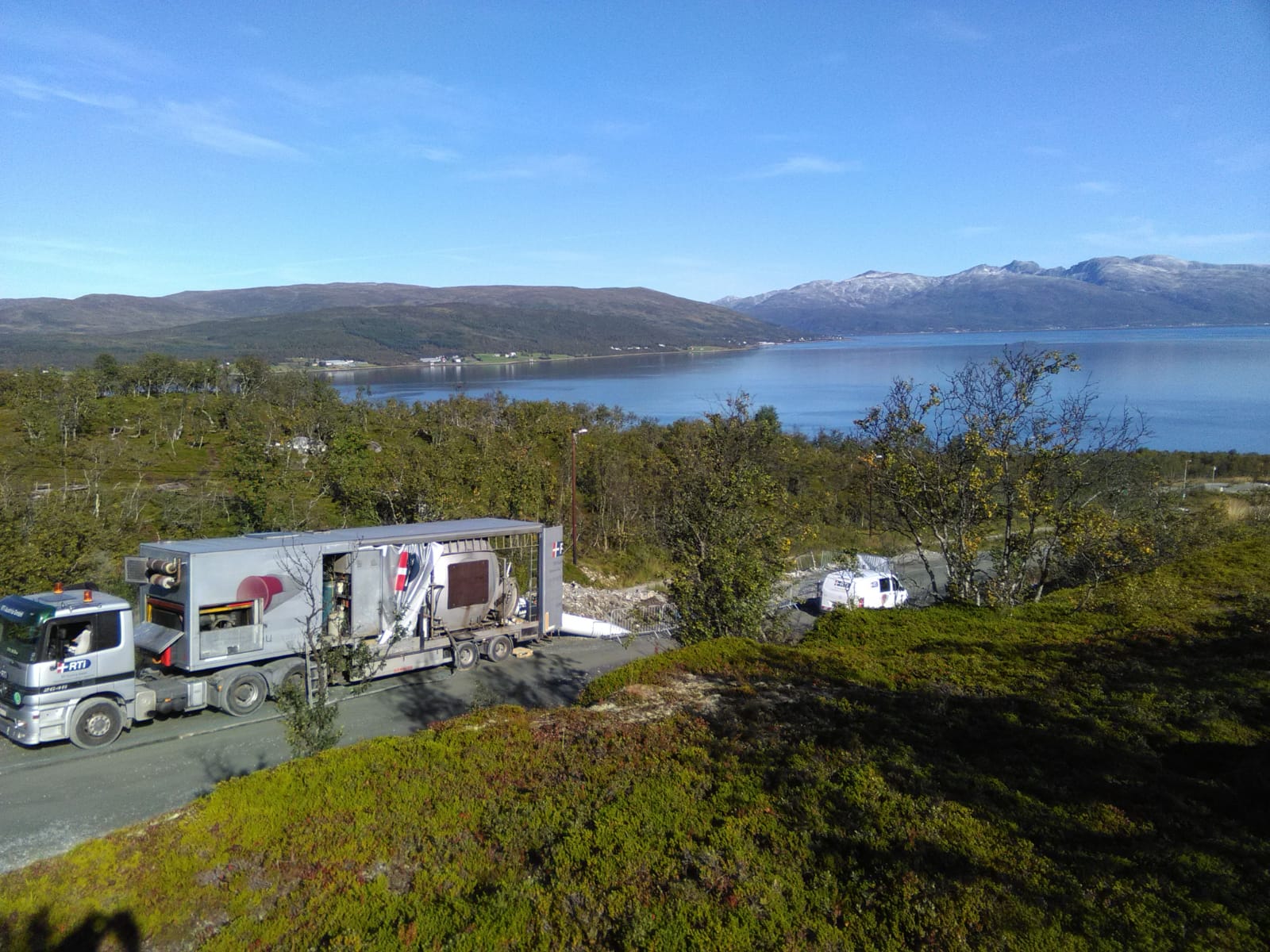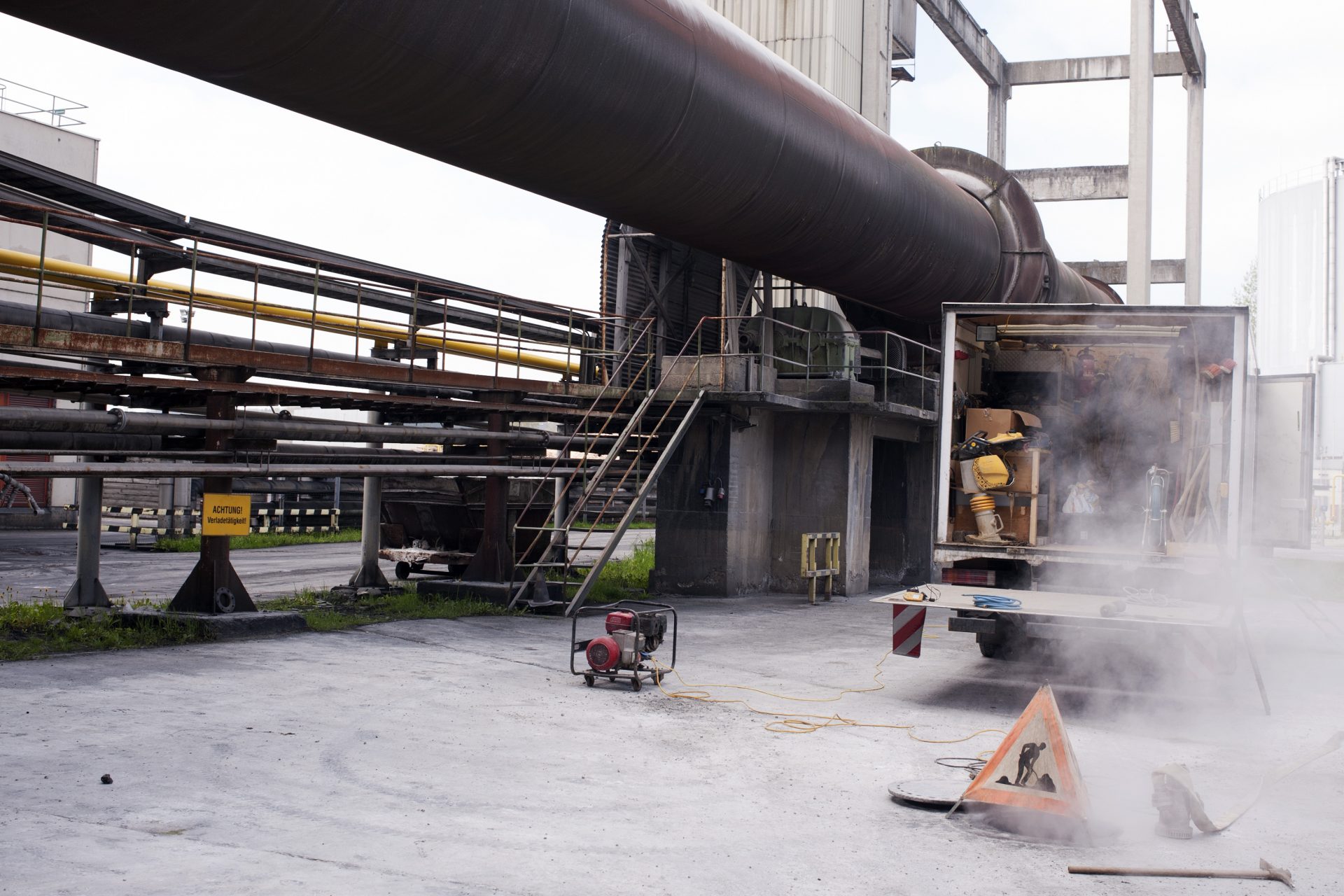TRENCHLESS TECHNOLOGIES FOR MUNICIPAL AND INDUSTRIAL PRESSURE LINES
It is not uncommon for pipes to burst, especially if they are older. Timely rehabilitation is essential to avoid fractures and the associated costs. The solution? Trenchless pipe rehabilitation technologies!
There are a variety of different procedures and methods that can be used to rehabilitate pipelines that don’t require excavation. These trenchless technologies are an excellent alternative to traditional open trench construction. Whatever the pipeline network, whether we’re dealing with pressure or gravity lines, whatever the media is being transported, and regardless of whether the rehabilitation requirement is used to repair, rehabilitate or replace the lines – trenchless technologies offer a suitable solution for all practical problems.
Thus, rehabilitation methods have been developed which have been successfully used for decades for the rehabilitation of drinking water, service water, industrial, gas, oil and power plant pipelines.
Trenchless pipe rehabilitation technologies – highly efficient and environmentally friendly
What makes these environmentally friendly and highly efficient method so special is the fact that work can be carried out with little or almost no earthworks involved. On average, about 100 m of pipeline can be rehabilitated in one day. This results in enormous time savings compared to conventional replacement by means of excavation.
Reduced noise and dust pollution, protection of the above-ground and underground infrastructure, greatly reduced transport volumes and the associated reduction in CO2 emissions are additional advantages that distinguish trenchless pipe rehabilitation. In addition to the environmental benefits, these methods are usually a lot more cost-efficient than the open construction method.
RTi – Your ideal partner for the paper, beverage, food, automotive, steel and petrochemical industries
For over 35 years, RTi Austria has been involved in the trenchless rehabilitation of all types of pipeline networks. In addition to the rehabilitation of municipal pipelines, the Austrian pipe rehabilitation specialist has been particularly able to demonstrate its skills and knowledge in difficult industrial and pressure pipeline projects spanning the last few decades.
Many industrial companies have to deal with leaking pipelines, which represents an enormous environmental hazard and results in large losses of valuable resources, such as water, gas or oil. A breakdown of industrial piping systems can have devastating effects on the entire plant and surrounding area. Thus, ongoing monitoring and maintenance of these networks is an exceedingly important task.
RTi has recognised this problem and supports industrial enterprises in finding the optimal rehabilitation solution.
RTi uses various technologies to rehabilitate pipelines, with pipe lining being the main rehabilitation technology.
In the pipe lining process, a liner impregnated with special resins is pulled or inverted into the old pipe. The resin is then cured thermally or using UV light.
Trenchless pipe rehabilitation in practice
With the pipe lining method, RTi is able to sustainably rehabilitate pipelines with high pressure and temperature resistance requirements as well as pipelines that transport aggressive media. RTi has successfully completed projects in the industrial sector, particularly in the paper, beverage, food, automotive, steel and petrochemical industries. RTi’s pipe lining method has also been used extensively for the rehabilitation of water supply and sewage networks for 30 years now.
In addition to a strong presence in Austria and Germany, RTi repeatedly focuses on international projects. Large-scale projects and EU-funded construction projects in the environmental and infrastructure sectors are creating major opportunities for RTi in Central and Eastern Europe as well as the Near East. Among others, the company was able to land major contracts in Mongolia, Georgia, the Czech Republic, Italy and Norway. Further major and follow-up projects are already being negotiated.

"We work with a variety of different processes and methods to provide our customers with a solution to their leaking pipe or vessel problems. To date, we have successfully rehabilitated more than 1,000 kilometres of pipelines and are always called in for the most difficult projects,"




